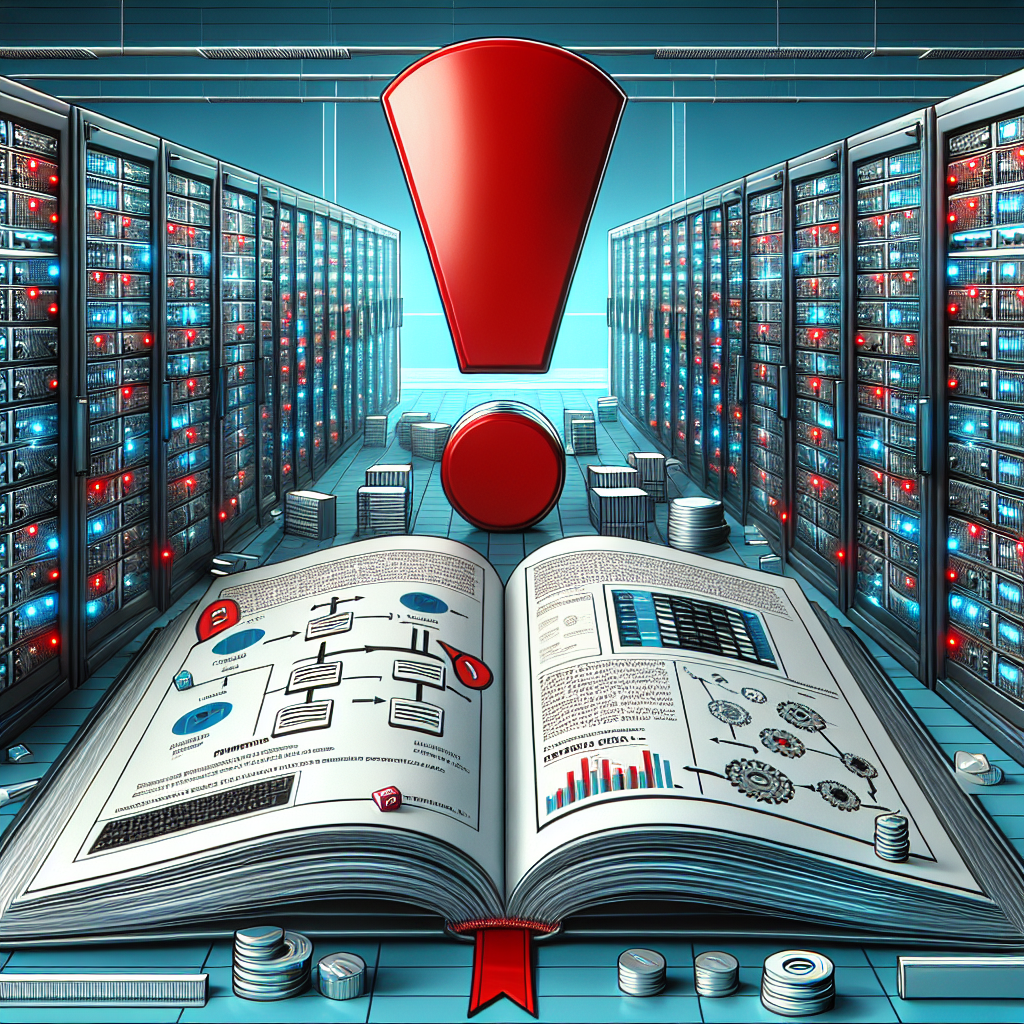Your cart is currently empty!
Addressing Data Center Problems: A Comprehensive Guide to Problem Management

Data centers are the backbone of modern technology, serving as the central hub for storing, processing, and managing vast amounts of data. However, like any complex system, data centers are not immune to problems and challenges that can impact their performance and reliability. From power outages and cooling failures to network disruptions and hardware malfunctions, there are a variety of issues that can arise in a data center environment.
To ensure the smooth operation of a data center and minimize downtime, it is essential to have a comprehensive problem management strategy in place. By proactively identifying and addressing potential issues, organizations can prevent problems from escalating and causing major disruptions to their operations. In this guide, we will explore some common data center problems and provide practical tips for effectively managing them.
Power Outages
Power outages are a major concern for data centers, as they can lead to data loss, system crashes, and downtime. To address this issue, organizations should invest in reliable backup power systems, such as uninterruptible power supplies (UPS) and generators, to ensure continuous operation in the event of a power failure. Regular maintenance and testing of these systems are also essential to ensure they are functioning properly when needed.
Cooling Failures
Proper cooling is crucial for maintaining the optimal temperature and humidity levels in a data center. Cooling failures can result in overheating, which can damage equipment and lead to system failures. To prevent this issue, organizations should implement a robust cooling system with redundant components to provide backup in case of a failure. Additionally, regular monitoring of temperature and humidity levels can help identify potential cooling problems before they escalate.
Network Disruptions
Network disruptions can disrupt communication between servers, storage devices, and other components in a data center, leading to performance issues and downtime. To address this problem, organizations should implement redundant network connections and switches to ensure high availability and reliability. Monitoring tools can also help identify network issues and troubleshoot them quickly before they impact operations.
Hardware Malfunctions
Hardware malfunctions, such as disk failures, memory errors, and CPU issues, can impact the performance and reliability of a data center. To address this problem, organizations should regularly monitor hardware health and performance metrics to identify potential issues early on. Implementing a proactive maintenance schedule and having spare parts on hand can help minimize downtime caused by hardware failures.
Conclusion
Managing data center problems requires a proactive and comprehensive approach to ensure the smooth operation of critical IT infrastructure. By implementing reliable backup systems, monitoring tools, and maintenance schedules, organizations can address common issues such as power outages, cooling failures, network disruptions, and hardware malfunctions effectively. By prioritizing problem management, organizations can minimize downtime, maximize uptime, and ensure the reliable operation of their data center environment.

Leave a Reply